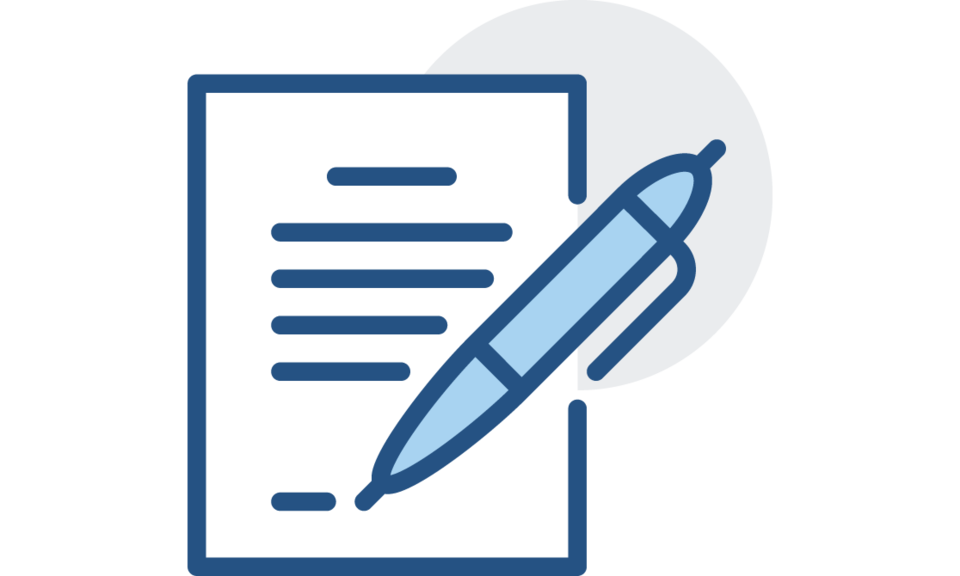To the editor: In Northern Virginia, a growing cadre of volunteers are stepping up to monitor water quality by literally stepping into streams with nets and test strips.
Three national programs offered through the Izaak Walton League of America provide training and materials that allow volunteers to accurately test waterways and report results to a database called the Clean Water Hub.
The programs help researchers, agencies and concerned residents track pollutants.
Save Our Streams, launched by the League more than 50 years ago, trains volunteers to collect and identify macroinvertebrates to get a clear picture of stream health. This data is shared with the Virginia Department of Environmental Quality. Volunteers also learn how stream health can be impacted by human activity.
In 2018, an intern at the League found an erroneously dumped road salt pile near our Maryland headquarters and inspired the League to launch Salt Watch. This program, popular across the snow belt, helps volunteers monitor streams for pollution caused by deicers, which wash off roads and sidewalks into streams.
Excess salt harms aquatic life and also humans, via drinking water. It also hastens corrosion of water pipes, cars and infrastructure. The League encourages smart salt use by individual homeowners, contracted salt applicators and the Virginia Department of Transportation.
The most recent program from the Izaak Walton League is Nitrate Watch, which collects data about nitrate levels in surface water (rivers, lakes, streams) and drinking water. Nitrate is a carcinogen that increases the risk of birth defects and other problems. It most often occurs when excess nitrate fertilizers wash off agricultural lands, golf courses and suburban lawns.
Let’s keep our water clean. The front lines of that battle are the banks of your nearby creek, lake, wetland or river. To get involved, visit www.iwla.org.
Kira Carney, Save Our Streams Coordinator, Abby Hileman, Salt Watch Coordinator, Izaak Walton League of America


